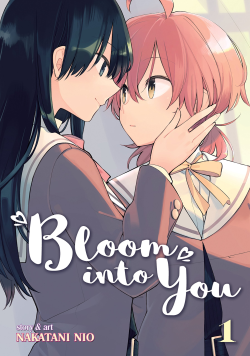 Title: Bloom into You, Vol. 1
Title: Bloom into You, Vol. 1Author: Nio Nakatani
Series: Bloom into You #1
Publisher: Seven Seas
First Published: September 13, 2017
Pages: 188
Genres: Drama, Slice of Life, Yuri
Format: Web
Source: Web
Rating: ★★★★★

Synopsis:
Yuu has always adored shoujo manga and yearns for the day when someone might give her a love confession that would send her heart aflutter. Yet when a junior high school classmate confesses his feelings to her -- she feels nothing. Disappointed and confused, Yuu enters high school, where she sees the confident and beautiful student council member Nanami. When the next person to confess to Yuu is Nanami herself, has her romantic dream finally come true?
Rating Breakdown:
|
Volume 1: ★★★★★ Volume 2: ★★★★★ Volume 3: ★★★★★ Volume 4: ★★★★★ |
Volume 5: ★★★★★ Volume 6: ★★★★★ Volume 7: ★★★★★ Volume 8: ★★★★★ |
My Review:
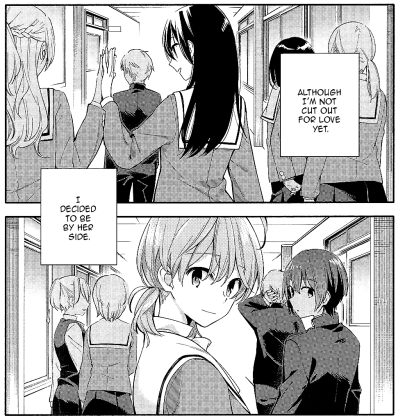 Bloom Into You is, without a doubt, one of the best coming of age love stories that I’ve ever read. Yuu is a young girl that dreams of experiencing the dazzling love that she sees in books and film. Despite this, she doesn’t find herself feeling at all excited when faced with romantic prospects. There is also some wonderful aromantic and demiromantic representation that I didn’t expect to find in this manga, and the subtle differences between each are written well.
Bloom Into You is, without a doubt, one of the best coming of age love stories that I’ve ever read. Yuu is a young girl that dreams of experiencing the dazzling love that she sees in books and film. Despite this, she doesn’t find herself feeling at all excited when faced with romantic prospects. There is also some wonderful aromantic and demiromantic representation that I didn’t expect to find in this manga, and the subtle differences between each are written well.
The story is paced well, while many romances fall back on overblown drama to keep the narrative going with many ups and downs, Bloom Into You was consistent from start to finish, like a gentle heartbeat humming with life. The title of the manga is apt, as the characters bloom into love but also into themselves as they discover who they are.
I found myself relating a lot to Yuu, who wants to experience the excitement of love but doesn’t know what it is. It can be easy to fall into the comforts of verbal and physical acts of love to mask a lack of love for oneself, as in the case of Touko; or the admiration of another that you place the other person on a pedestal, like Sayaka. Each of the characters was multilayered and written with such care and understanding of the nuances of romantic attraction.
This manga talks a lot about love, how we fall in love, and what it means to be in love. The fluttery feeling that happens when we find the right person is something that many strive for, but love is more complex than that. People fall in love in different ways, and for different reasons, love is defined by the lover and each person’s experience can be wildly different. Bloom Into You stands out from other romance stories for the way that it presents the concept of love, and the sometimes steady journey toward realizing what it really means. It’s heartfelt and written with so much warmth that it made me feel happy from start to finish.
“What is love, in the end? It’s a word I could never say… Even though I’d always wanted to. But now that I’ve said it, I don’t understand what it really is.”
Trigger Warning: Sex


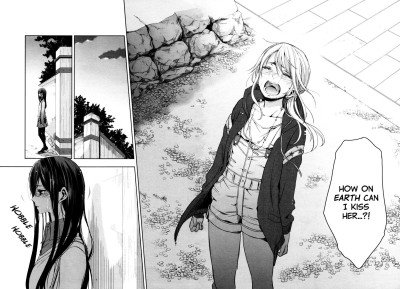 Citrus had been on my radar for a while being one of the more well-known Shoujo Ai manga available in the west. I finally sat down to read it and found myself feeling conflicted about it. The art is spectacular and the manga is worth reading to appreciate that in itself. The characters and the story can be charming and genuinely heartfelt at points, and horribly cliche and boring at other points. My ratings for each volume ended up moving up and down wildly and left me wondering how much I really enjoyed it.
Citrus had been on my radar for a while being one of the more well-known Shoujo Ai manga available in the west. I finally sat down to read it and found myself feeling conflicted about it. The art is spectacular and the manga is worth reading to appreciate that in itself. The characters and the story can be charming and genuinely heartfelt at points, and horribly cliche and boring at other points. My ratings for each volume ended up moving up and down wildly and left me wondering how much I really enjoyed it.
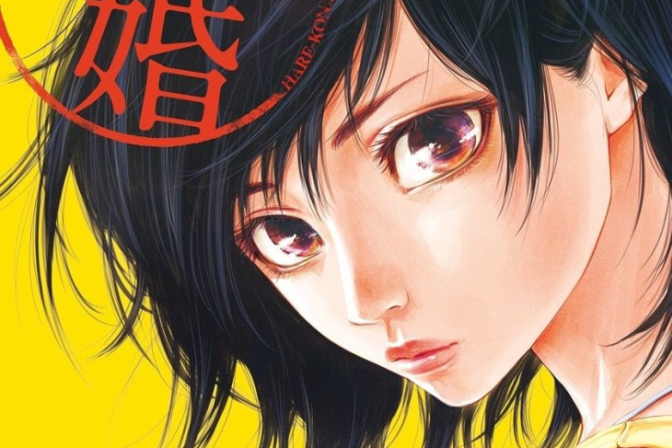
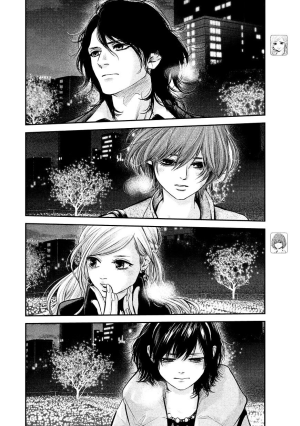 Harems are a dime a dozen in the world of anime and manga, portrayed as the ultimate male fantasy and often played for laughs, it’s a trope that is riddled with issues while not portraying polygamy with any real accuracy beyond gratuitous sex. For some, polygamy is an alternative lifestyle that can be fulfilling and painful for others.
Harems are a dime a dozen in the world of anime and manga, portrayed as the ultimate male fantasy and often played for laughs, it’s a trope that is riddled with issues while not portraying polygamy with any real accuracy beyond gratuitous sex. For some, polygamy is an alternative lifestyle that can be fulfilling and painful for others. To say that this series is frustrating is an understatement, there are many issues with the way that the story is presented spearheaded by a husband that is unabashedly detestable at times. Ryuunoske could be charming and funny, but he is also extremely selfish and manipulative. Koharu “falling in love” was also extremely weak, she goes overnight from hating that she feels forced into a sham marriage to suddenly deciding that her unhappiness must mean that she’s jealous and in love.
To say that this series is frustrating is an understatement, there are many issues with the way that the story is presented spearheaded by a husband that is unabashedly detestable at times. Ryuunoske could be charming and funny, but he is also extremely selfish and manipulative. Koharu “falling in love” was also extremely weak, she goes overnight from hating that she feels forced into a sham marriage to suddenly deciding that her unhappiness must mean that she’s jealous and in love.
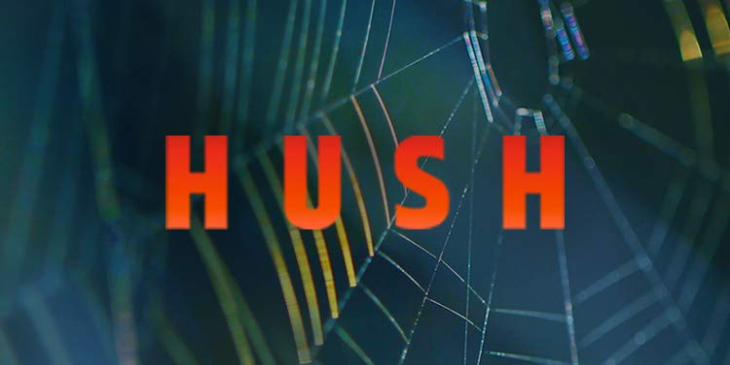
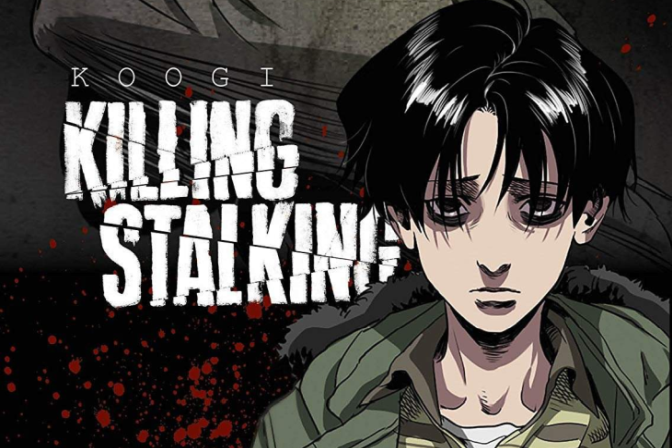
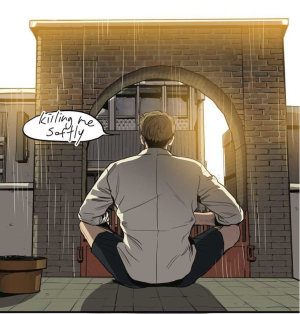 This manhwa was like a car that was driving wildly out of control toward tragedy and I felt like a bystander that couldn’t look away. Killing Stalking is perhaps one of the best psychological horror-thriller series I have ever read that is really plotted well. The plot moves at a startling pace, like an engine on full throttle up to the very end and it is an incredibly thrilling ride.
This manhwa was like a car that was driving wildly out of control toward tragedy and I felt like a bystander that couldn’t look away. Killing Stalking is perhaps one of the best psychological horror-thriller series I have ever read that is really plotted well. The plot moves at a startling pace, like an engine on full throttle up to the very end and it is an incredibly thrilling ride.
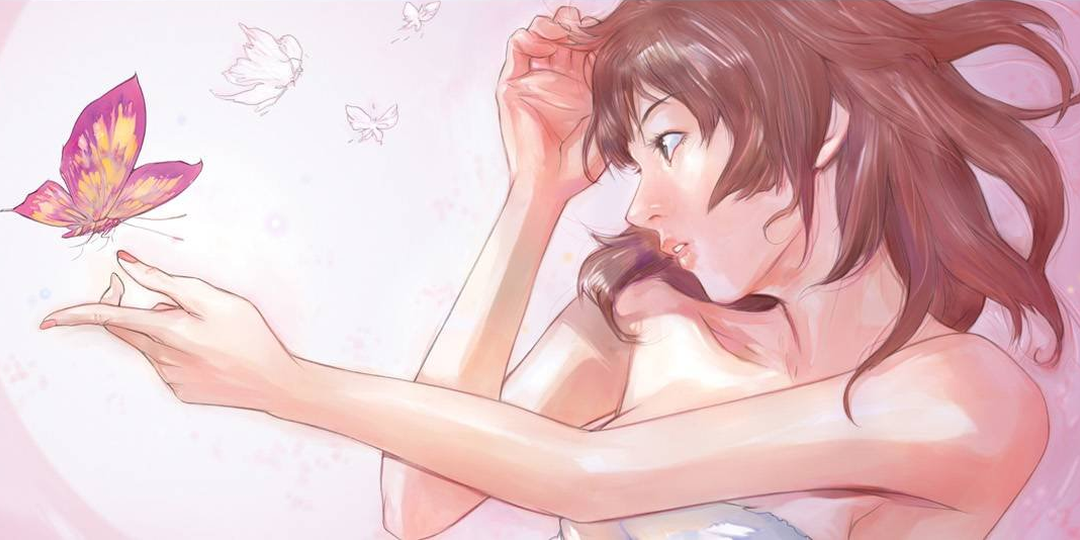
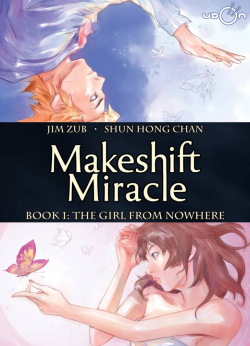 Title: Makeshift Miracle
Title: Makeshift Miracle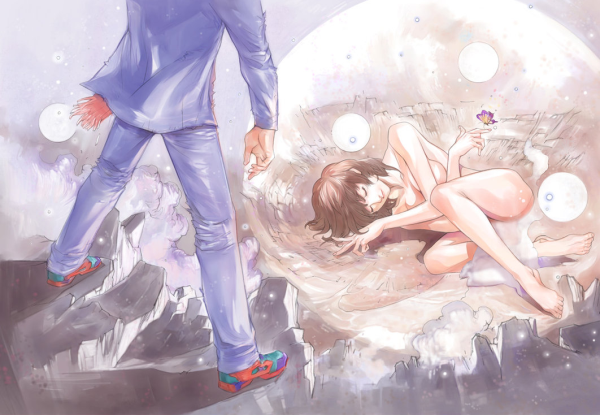 This comic was a little bit difficult for me to decide what I thought about it. I was really digging the first few chapters and the illustrations are absolutely gorgeous. I loved how the main characters were the only colored parts of the panel, it made for really striking visuals. As the first volume wore on, however, I started to wonder where the plot was going. There were characters introduced and a few events, but nothing of substance was really happening.
This comic was a little bit difficult for me to decide what I thought about it. I was really digging the first few chapters and the illustrations are absolutely gorgeous. I loved how the main characters were the only colored parts of the panel, it made for really striking visuals. As the first volume wore on, however, I started to wonder where the plot was going. There were characters introduced and a few events, but nothing of substance was really happening.